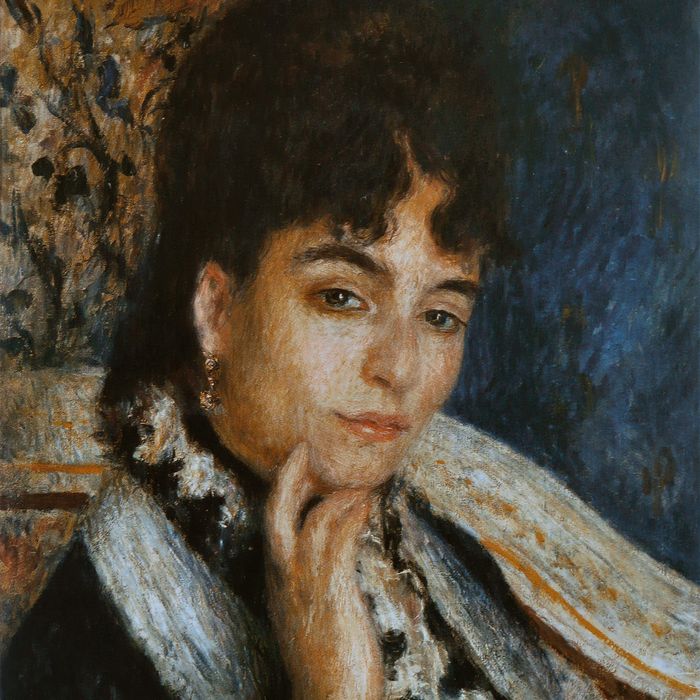IX This man then was the acknowledged master of all philosophy and the youth flocked to him. (For he expounded to them the doctrines of Plato and Proclus, and of the two philosophers, Porphyry and Iamblichus, but especially the rules of Aristotle; and he gave instruction in the system to those who wished, as affording a serviceable tool and it was on this that he rather prided himself and to this he devoted his attention.) Yet he was unequal to exerting a very good influence on his pupils as his violent temper and his general instability of character stood in the way.
And look, I pray, at his pupils-there were Solomon John, and an Iasitas and Serblias and others devoted to learning maybe; most of them I saw myself later, as they often came to the palace. They knew no literary subject accurately, but would pose as dialecticians, making ungainly movements and mad contortions of their limbs, they understood nothing sound but put forth ideas, even those about metempsychosis, in a shadowy way and other similar equally monstrous notions.
The didactic Fathers
Is there any learned man who on visiting the court has not seen that holy couple, utterly absorbed in their study of the interpretation of the Divine writings both at day- and nighttime? I mean my royal parents. And here I will tell a little tale, for the laws of oratory allow that. I remember the Empress, my mother, when breakfast was already on the table, carrying a book in her hands and poring over the writings of the didactic Fathers, especially those of the philosopher and martyr Maximus. For she was not so much interested in the physical disputations as in those about the dogmas, because she wished to gain true wisdom.
And I was often seized with wonder at her and one day in my wonder I said to her, ” How can you spontaneously rise to such sublime heights? for I tremble and dare not listen to such things even with the tips of my ears? For the purely abstract and intellectual character of the man makes one’s head swim, as the saying goes.”She smiled and said ” I know that kind of quite laudable dread; and I myself do not touch these books without a tremor and yet I cannot tear myself away from them. But you wait a little and after you have dipped into other books, you will taste the sweetness of these.”
The remembrance of these words pricks my heart and I have plunged into an ocean, so to speak, of other tales. But the rules of history forbid them, therefore let us run back to the tale of Italus – when he was at the height of his popularity with the students, some of whom I have named, he treated them all with contempt and turned many of the feebler-minded to rebellion and made not a few of his own pupils tyrants.
Read More about The Story of Saidjah part 6








